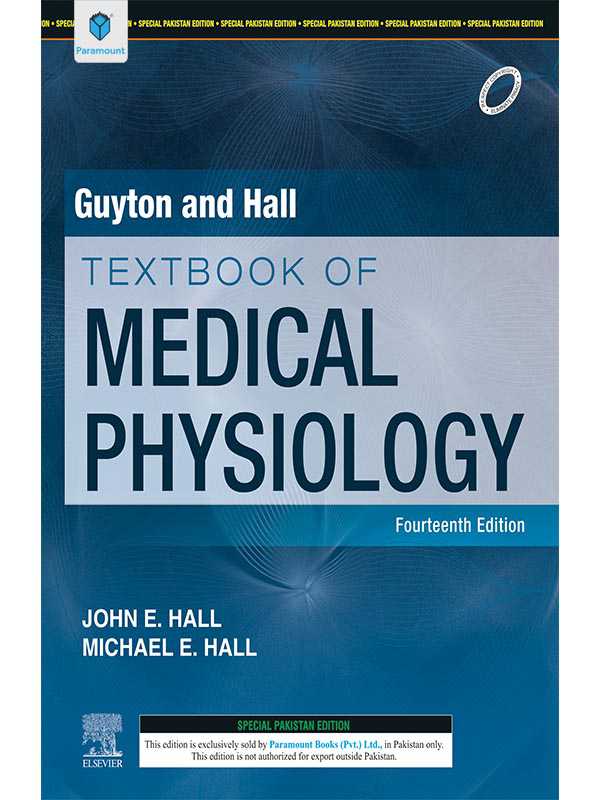Course info

Physiology - II Course Details
Physiology is the study of biological function. In our medical physiology course, you will study human function at the level of whole organisms, tissues, cells, and molecules.
Physiology is fundamental to medicine and in this course, you will study function in both health and disease. As well as physiology you will also cover subjects such as anatomy, biochemistry, pharmacology, molecular biology, genetics, and neuroscience.
This will provide you with the skills and knowledge for a range of careers both within and outside of scientific fields.
Our course has Advanced Accreditation from the Pharmacy Council of Bangladesh, which recognizes academic excellence in biosciences and highlights degrees that educate the research and development leaders and innovators of the future.Course contents for this semester:
Physiology -II is a three credits course. This semester you will learn the following topics:
1. Nervous System: Neuron – properties, classification and functions, neuroglial cells and their functions, ner e fibers – definition, types, properties of nerve fibers, origin and propagation of nerve impulses across nerve fibers, action potential. Synapse – classification, structure, properties, and functions. Neurotransmitters – classification and functions, never endings. Ifferent types of sensations – Mechanism and properties of sensations, receptors – definition, classifications, properties, and functions. Reflex and reflex citation, their classification, properties and components of the reflex arc. The principal division of the nervous system –are CNS and PNS. Function; ns of different parts of CNS, Ascending and descending tracts of the spinal cord. Differences between – somatic and autonomic and sympathetic and parasympathetic nervous systems. Cranial and spinal nerves and their functions. Regulation of autonomic nervous system, muscle tone – definition and regulation, CSF – definition, composition, and function.
2. Endocrine System: Different endocrine glands and their structure and functions of the pituitary, thyroid, parathyroid, adrenal and pancreatic glands. Functions and regulation of secretion of hormones. Abnormal hormone secretions.
3. Excretory System: Structure of kidney, nephron and its different parts, renal circulation – its regulation and measurements. Renal clearance and its importance. Urine – its composition and properties. Counter current mechanism, Role of the kidney in the acid-base balance of blood and in the maintenance of plasma volume.
4. Reproductive System: Testis and accessory reproductive systems and their functions. Male hormones and their functions. Spermatogenesis and its hormonal regulation. Organs of the female reproduction system and their functions. Menstruation cycle, different phases, and its regulation. Ovogenesis and ovulation and its control. Female sex hormones and their functions, pregnancy, lactation, and their hormonal control.
5. Regulation of Body Temperature: Heat production and heat dissipation. Role of the hypothalamus and other nerve factors in body temperature regulation. Abnormalities in body temperature regulation.